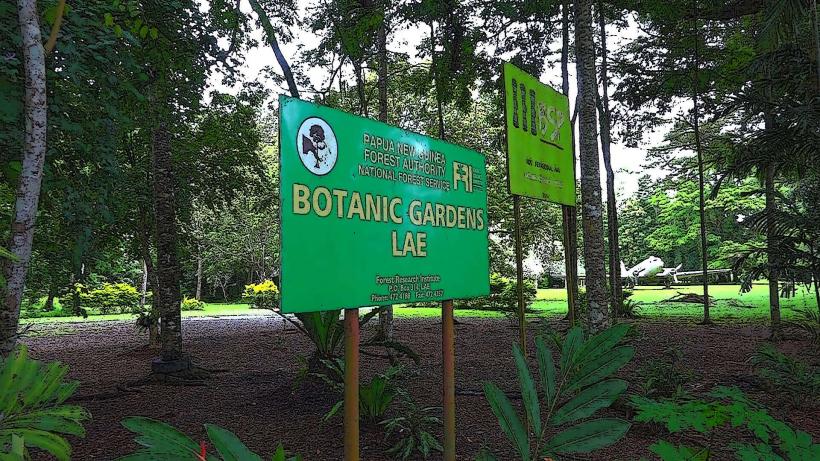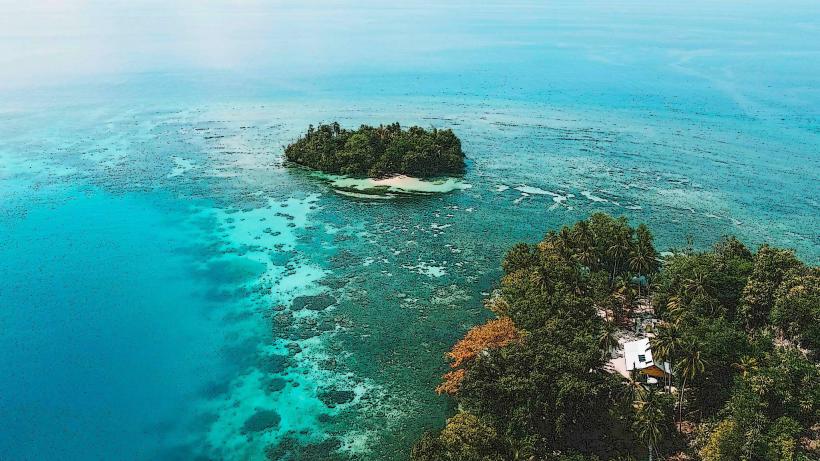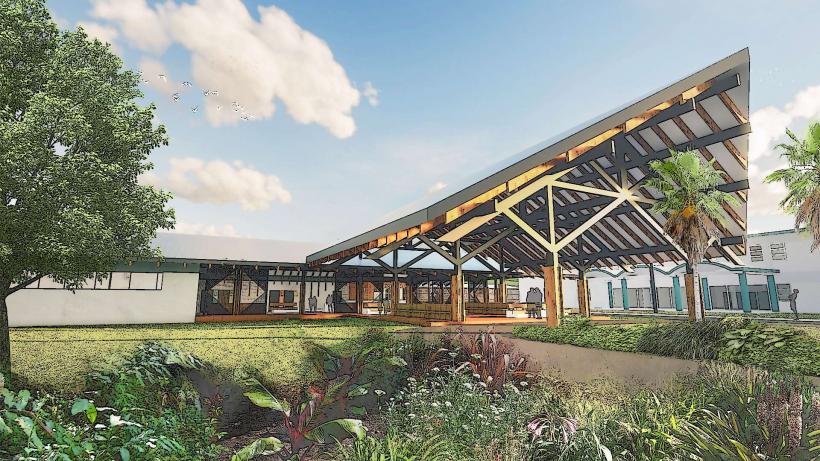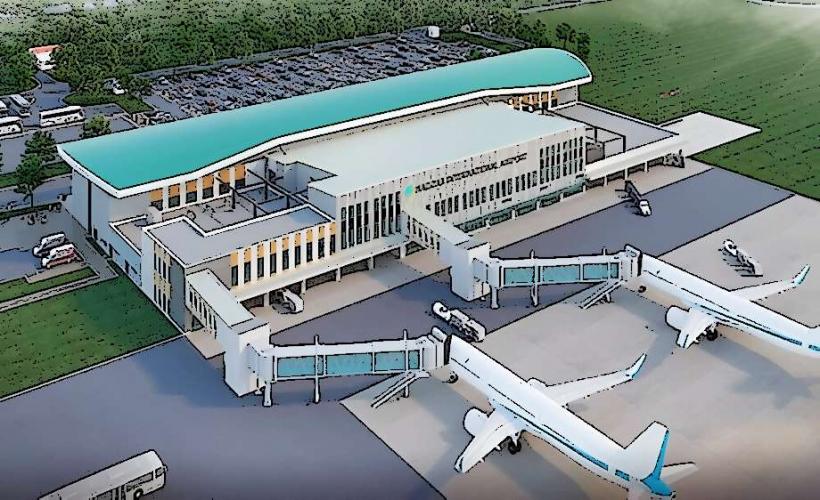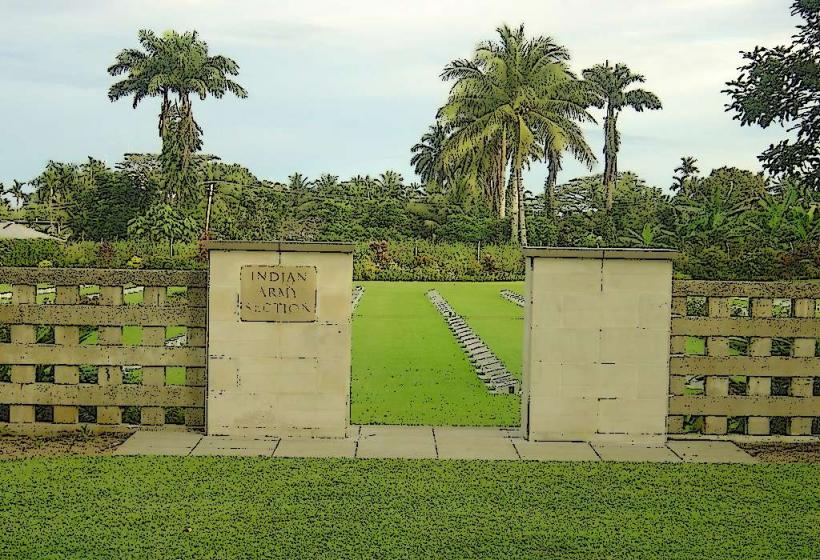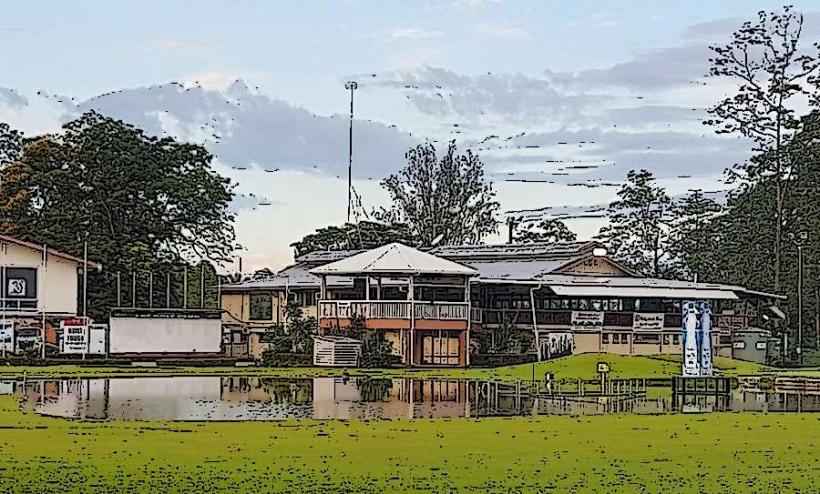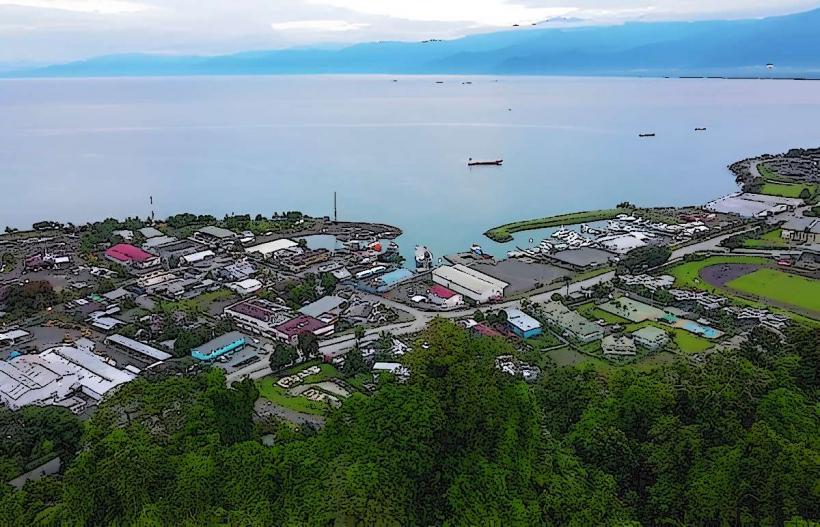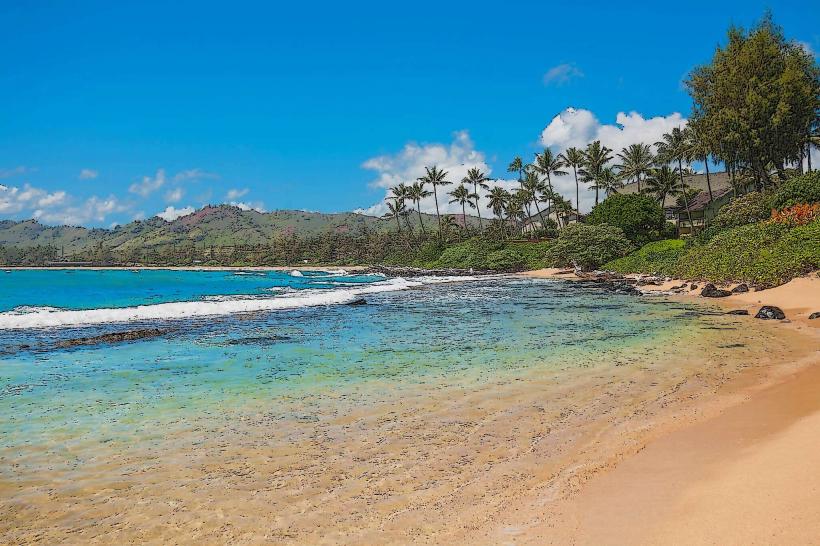Information
Landmark: Taraka MarketCity: Lae
Country: Papua New Guinea
Continent: Australia
Taraka Market is a local market located in Lae, the capital city of the Morobe Province in Papua New Guinea. As one of the key markets in the city, it plays an important role in the community by providing a central location for trading goods and serving as a hub for both locals and visitors. The market offers a wide variety of products and is a place where people from the surrounding areas come to buy and sell goods, making it a lively and bustling part of Lae's economy and daily life.
Location and Accessibility
Taraka Market is situated in the Taraka area, which is located just outside the central part of Lae city. The market is easily accessible by road and is a popular stop for both residents and travelers. Its location in a semi-urban area makes it a convenient option for locals in the surrounding neighborhoods and rural areas to sell their goods and produce.
What You Can Find at Taraka Market
The market is a vibrant place with a wide range of products, especially food and agricultural produce, catering to the diverse needs of the community.
Fresh Produce: One of the main attractions of Taraka Market is the variety of fresh fruits and vegetables available. Local farmers bring their produce to the market, including root vegetables like taro, yam, and sweet potatoes, as well as leafy greens, bananas, coconuts, and other seasonal fruits. These items are sold at affordable prices, making the market a vital source of fresh food for local households.
Fish and Seafood: Given the coastal location of Lae, fish and other seafood are common at the market. Vendors sell fresh catches from the Huon Gulf, including fish such as tuna, snapper, and mackerel, along with shellfish and crustaceans. The seafood sold here is often sourced from nearby coastal communities, making it an important aspect of the market’s offerings.
Crafts and Handicrafts: Taraka Market is also a place where local artisans sell handmade goods, such as woven baskets, carved wooden items, mats, and traditional clothing. These handicrafts reflect the rich cultural heritage of the indigenous communities in the region and provide visitors with an opportunity to purchase unique, locally-made souvenirs.
Meat and Poultry: Local butchers sell a variety of meats, including chicken, beef, and pork. Some vendors also offer locally raised livestock and poultry, which are often butchered and sold fresh at the market.
Other Goods: In addition to food, Taraka Market also offers other household items, clothing, and basic supplies. Visitors can find items like cooking utensils, spices, bottled drinks, and personal care products.
Street Food: For those looking to try some local snacks or meals, the market often features food vendors selling traditional Papua New Guinean street food. These may include grilled meats, mumu (a traditional dish cooked in an earth oven), and other local delicacies, providing a taste of the region's culinary culture.
Community and Cultural Significance
Taraka Market is more than just a commercial space; it is a social and cultural hub for the people of Lae and surrounding areas. The market provides an opportunity for farmers, artisans, and traders from various communities to gather and exchange goods. It is a reflection of the local culture, where traditional ways of life coexist with modern commercial practices.
The market is a place where the community can interact, share stories, and build relationships. It also serves as an important space for the exchange of information, particularly for rural farmers who can bring their produce to the city and earn an income.
Challenges
Like many local markets in Papua New Guinea, Taraka Market faces challenges related to infrastructure, waste management, and security. Issues such as limited access to proper sanitation facilities, overcrowding, and the occasional lack of regulation can affect the experience for both sellers and buyers. However, efforts are being made to improve market conditions and make the area more accessible and hygienic for everyone.
Conclusion
Taraka Market is an essential part of Lae’s economy and social fabric. It offers a wide variety of fresh food, local crafts, and goods, making it a bustling and vibrant place for both locals and visitors. For those looking to experience the daily life of the people in Lae, Taraka Market provides a unique opportunity to see the diversity of local produce, interact with vendors, and get a taste of traditional Papua New Guinean culture.

